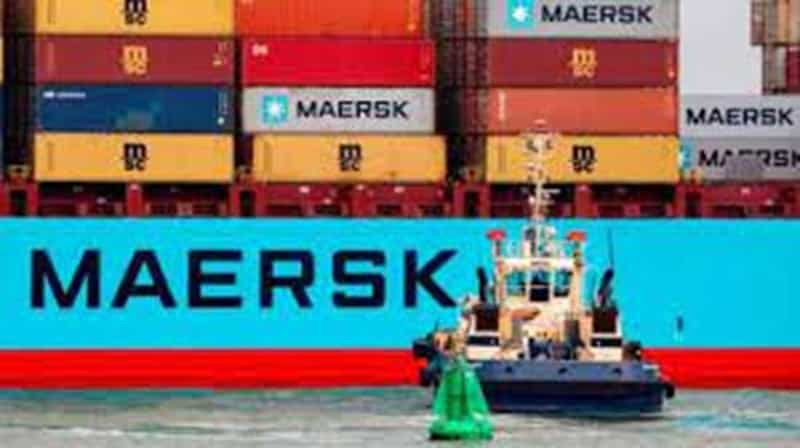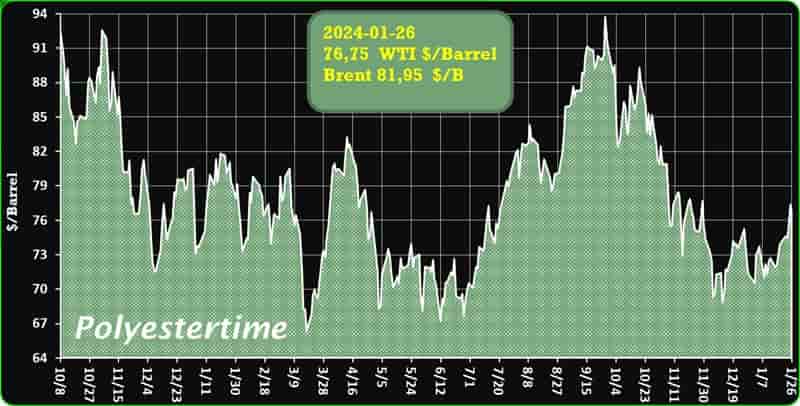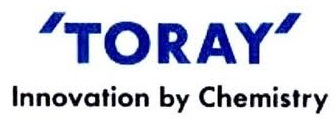Plastic film – Chemical Recycling Europe, Zero Waste Europe disagree over pyrolysis 26-01-2024
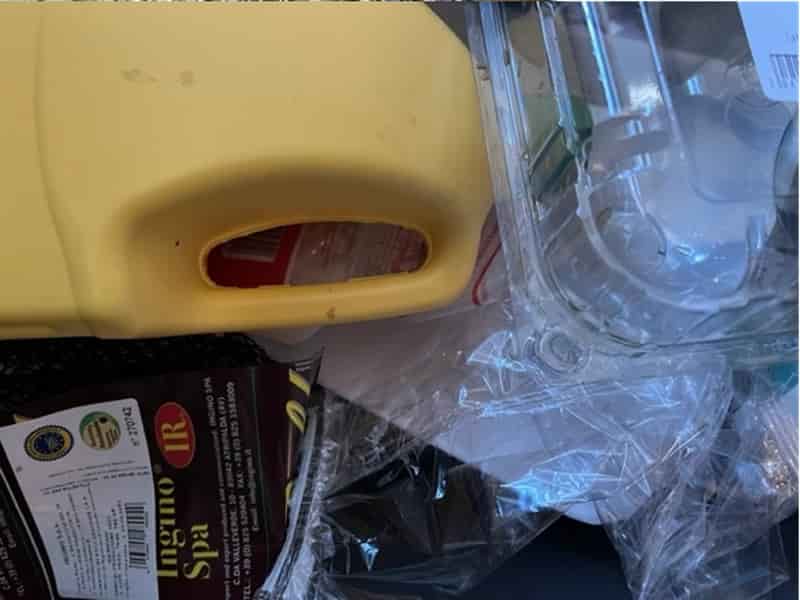
Teijin to Produce Carbon Fiber from Sustainable Raw Materials
Waste and biomass residue earmarked for production of precursor acrylonitrile.
At a Glance
- ISCC Plus–certified carbon fiber is produced at the company’s Mishima plant in Japan
- Properties, performance, and processing are on a par with petroleum-derived carbon fiber
- Drop-in replacements reduce greenhouse gas emissions
Japan’s Teijin Ltd. will commence production and sale of Tenax carbon fiber made with sustainable acrylonitrile (AN) based on waste and residue from biomass-derived products or recycled raw materials that have received ISCC Plus certification from the International Sustainability and Carbon Certification system. The Tenax carbon fiber under ISCC Plus certification will be produced at Teijin’s Mishima plant in Shizuoka Prefecture, Japan, using the mass balance approach. Plastic film
In June 2023, the company obtained ISCC Plus certification for Tenax carbon fiber and the polyacrylonitrile (PAN) precursor fiber produced at its Mishima plant. The sustainable AN has the same physical properties as petroleum-derived AN, while Tenax carbon fiber based on this material delivers the same performance and processing attributes as equivalent fossil-based Tenax products. This similarity allows customers to easily drop in Tenax carbon fiber made with bio-based or circular materials, helping to reduce greenhouse gas (GHG) emissions throughout the product’s lifecycle.
Teijin aims to expand its lineup of sustainable products. To this end, the company is pursuing ISCC Plus certification not only for carbon fiber, including its precursor, but also for intermediate products such as prepregs and short fibers that use sustainable raw materials. Plastic film
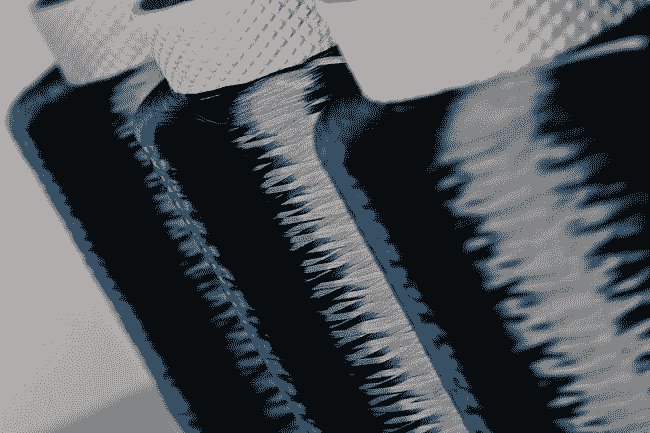
European Adipic Acid Prices Stagnant in January 2024 Amid deteriorating Demand
In January 2024, the Adipic Acid market continued to exhibit a narrow to decline trend that carried over from the previous year, maintaining a bearish stance in business activity. The Eurozone Adipic Acid market experienced a sustained decline in demand, particularly from the downstream Polyamide and textile sectors.
This protracted downturn indicates challenges and reduced consumption within these key industries, contributing to the overall subdued performance of the Adipic Acid market in the Eurozone. Plastic film
Downstream businesses have persistently faced challenging demand conditions at the beginning of the year, as evidenced monthly decrease in the inflows of new orders. Enterprises, particularly in the case of Adipic Acid, reported customer hesitancy attributed to high financing costs and geopolitical uncertainty. Germany’s economic slowdown was influenced by lower international demand, with a notable impact stemming from the decline in export orders. The prolonged reduction in new work inflows indicates a cautious economic environment marked by factors affecting both domestic and international business activities.
Despite an increase in the raw material Benzene in the Euro region, the cost of Adipic Acid remained stable. The rise in upstream crude oil prices at the beginning of the year influenced the Benzene market, but this increase did not have a significant impact on the downstream Adipic Acid market. Plastic film
Merchants in the Eurozone market had sufficient materials to meet domestic requirements from downstream sectors.
As per European commission in January 2024, there was a slight dip in consumer confidence within the eurozone area as enterprises experienced reduced purchasing activity. However, there was no notable increase in demand for the product during this timeframe. Despite the European Union (EU) maintaining its position as the primary destination for Turkish textiles, exports to the EU experienced a notable contraction of 17.6% in 2023. The downstream textile industry faced a decline of 2.3%, with the most significant drop occurring in December at 6.2% within the Turkish market. This indicates muted consumption of Adipic Acid in the textile sector, contributing to the persistent drop in its price. Plastic film
Manufacturers reduced their purchasing activities in response to lower production needs, leading to a decrease in employment numbers and a subsequent decline in fresh orders from potential customers.
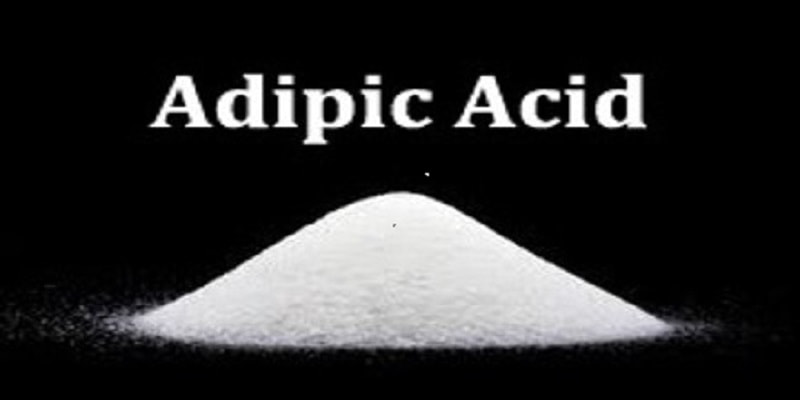
Loop Industries – Loop & Bormioli Unveil Pharmaceutical Packaging
Loop Industries and Bormioli Pharma Unveil an Innovative Pharmaceutical Packaging Bottle Manufactured with 100% Recycled Virgin Quality Loop PET Resin at Pharmapack 2024
- This packaging innovation will be showcased at Pharmapack Europe 2024 (January 24th-25th, 2024, Paris Expo, Porte de Versailles – booth B78-B79, Hall 7.2)
Loop Industries, Inc. (NASDAQ:LOOP) (the “Company” or “Loop”), a clean technology company whose mission is to accelerate a circular plastics economy by manufacturing 100% recycled polyethylene terephthalate (“PET”) plastic and polyester fiber and Bormioli Pharma, an international leader in pharmaceutical packaging and medical devices, today announced that an innovative pharmaceutical packaging bottle manufactured with 100% recycled virgin quality Loop™ PET resin will be unveiled within the Bormioli booth at Pharmapack Europe 2024. Plastic film
Bormioli Pharma and Loop Industries aim to introduce market-ready solutions for the global pharmaceutical industry and the two companies began to collaborate over a year ago in order to achieve this goal. Bormioli Pharma tested Loop™ PET resin in its packaging, commissioning to independent third parties’ additional analysis to verify extractables levels with different solutions, also taking in consideration the worst-case scenario. The results of these tests set a new benchmark for recycled plastic products within the pharmaceutical industry, as the bottles produced with Loop™ PET resin do not release any substance deemed of toxicological relevance1. Plastic film
Bormioli Pharma’s EcoPositive offering, gathering low-impact packaging solutions, currently constitutes 50% of their standard catalogue, contributing to position itself among the players with the broadest sustainable offerings on the international market.
In addition to the independent third-party testing commissioned by Bormioli Pharma, LoopTM PET resin was also tested by a worldwide leader in laboratory testing services and on December 13th, 2023 Loop announced that test results confirmed its Loop™ PET resin meets the strict requirements and standards outlined by the European Pharmacopeia (Ph.Eur. 3.1.15, Polyethylene Terephthalate for Containers for Preparations not for Parenteral Uses) and the United States Pharmacopeia (USP <661.1>, Plastic Materials of Construction) and is compliant for use in packaging applications in the pharmaceutical industry. Plastic film
“Through this collaboration with Loop we’re strengthening our role as a solid, quality and reliable partner for the pharmaceutical industry” stated Andrea Lodetti, CEO of Bormioli Pharma. “Loop Industries shares our values and commitment, and together we made available a new pharma-grade sustainable solution, showing even greater safety standards than traditional ones.”
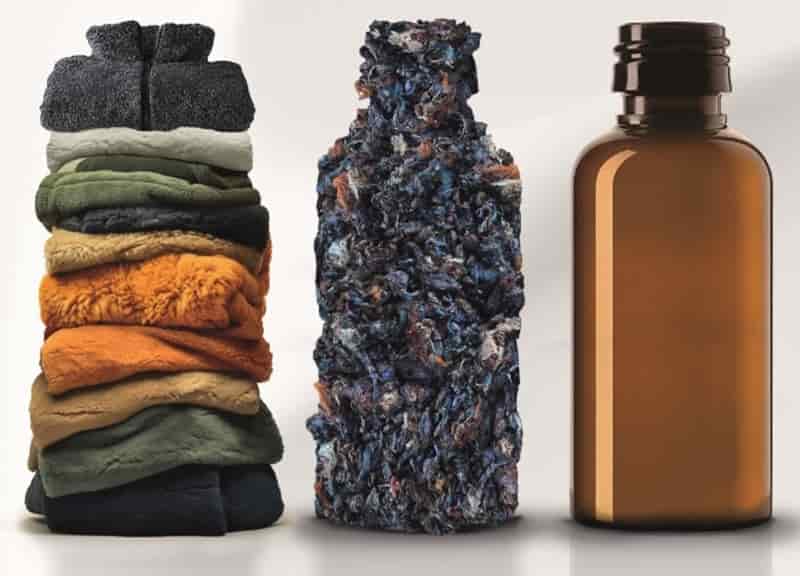
Meraxis and Fortum cooperate in Europe-wide distribution of recyclates
The Swiss trading group Meraxis and the Finnish company Fortum Recycling & Waste (Fortum) are deepening their existing cooperation with a strategic partnership. Meraxis will distribute Fortum recyclates throughout Europe. The offer includes PP, HDPE and LDPE recyclates as well as customized re-compounds. Through this cooperation, Meraxis is expanding its product range of recyclates and can thus offer its customers an even larger portfolio of sustainable material alternatives to prime material. Plastic film
Fortum recyclates are made from post-consumer waste in Northern Europe. They are of high quality, durable,versatile as well as reliably available. Meraxis customers can also obtain customized re-compounds from Fortum Circo® that are specifically tailored to their applications and products. Product development in the Fortum-laboratory tailors technical properties such as strength, processability, and color to individual customer requirements. Fortum Circo® materials are suitable for the manufacture of a wide range of products such as household goods, parts for the automotive and furniture industries, and garden tools. Special grades meet the EU toy standard.
«With Fortum Circo®, we are expanding our range of high-quality recyclates. Our customers will also benefit from the Finnish company’s strong expertise in recycling and material development. Together, we are pursuing the goal of offering polymer processors tailor-made sustainable material alternatives. After all, switching from conventional to recycled plastics is one of the most important levers for reducing CO2 emissions,» says Eddy Khatib, Product Manager Recycling at Meraxis. Plastic film
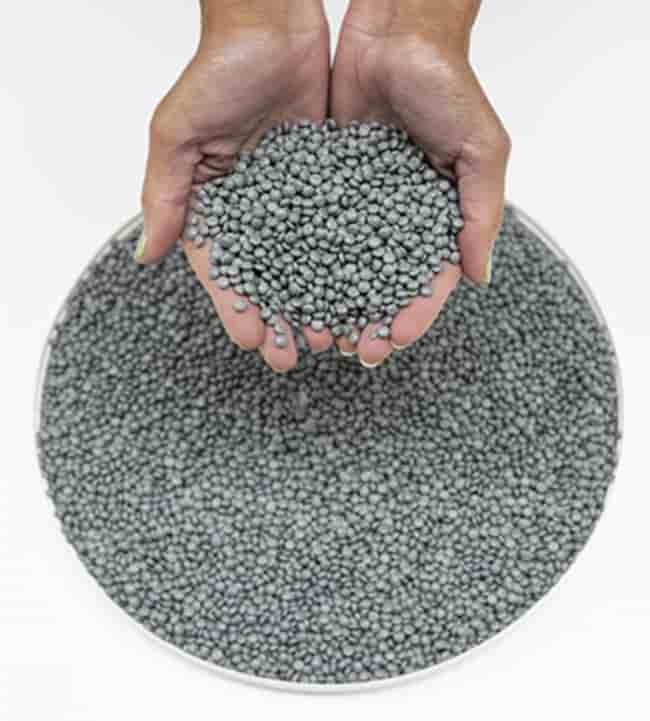
Chemical Recycling Europe, Zero Waste Europe disagree over pyrolysis
Rebuttal to Chemical Recycling Europe’s position paper on Zero Waste Europe’s pyrolysis report: ‘Beyond the headline criticism, elaboration is lacking in their Position Paper’ As a scientific report, ‘Leaky loop “recycling” – A technical correction on the quality of pyrolysis oil made from plastic waste’, published by Zero Waste Europe on 26 th October 2023 (hereafter called Leaky Loop “Recycling”), was written in a way that permits it to be tested for robustness.
This enables science to stand under scrutiny and rebut baseless criticisms, such as those recently made by Chemical Recycling Europe in their Position Paper made public on 11 th December 2023 (hereafter called CRE Position Paper). Plastic film
Leaky Loop “Recycling” was a meta-research report. Its methodology, commonly called ‘literature review’, collated previous experimental research to derive new conclusions.
Specifically, it analysed twenty-two independent peer-reviewed empirical research papers that had assessed the quality of pyrolysis oil made from predominantly polyolefin plastic waste, along with a further six independent peer-reviewed empirical research papers that had assessed more difficult plastic waste streams.
ZWE report also drew from independent meta-research on the same topic involving more than forty independent empirical research studies (meta- meta-research). All are listed in its Appendices. Plastic film
Calling them “a narrow set of inconclusive evidence” is incomprehensible. Since the findings of Leaky Loop “Recycling” derive from other independent researchers and authors, it is unclear where the charge of ‘‘grave misinterpretation of facts and scientific evidence” comes from.
Indeed, other authors suggest the need to blend pyrolysis oil with 80 to 95% petroleum naphtha, while some identify that the oil is over a thousand times off specification.
For example: “[…] pyrolysis oil can neither replace nor be blended with naphtha and is not a viable option for closing the circularity of waste plastics […].
The results demonstrate that although there is a very small fraction of pyrolysis oil consisting of saturated alkanes and cycloalkanes, pyrolysis oil obtained from PP [polypropylene] exhibits distinct compositional differences than naphtha and cannot be used as a substitute for it.” Plastic film
“Contaminant levels exceed established feedstock quality specifications by one or more orders of magnitude such as for nitrogen, chlorine and iron.
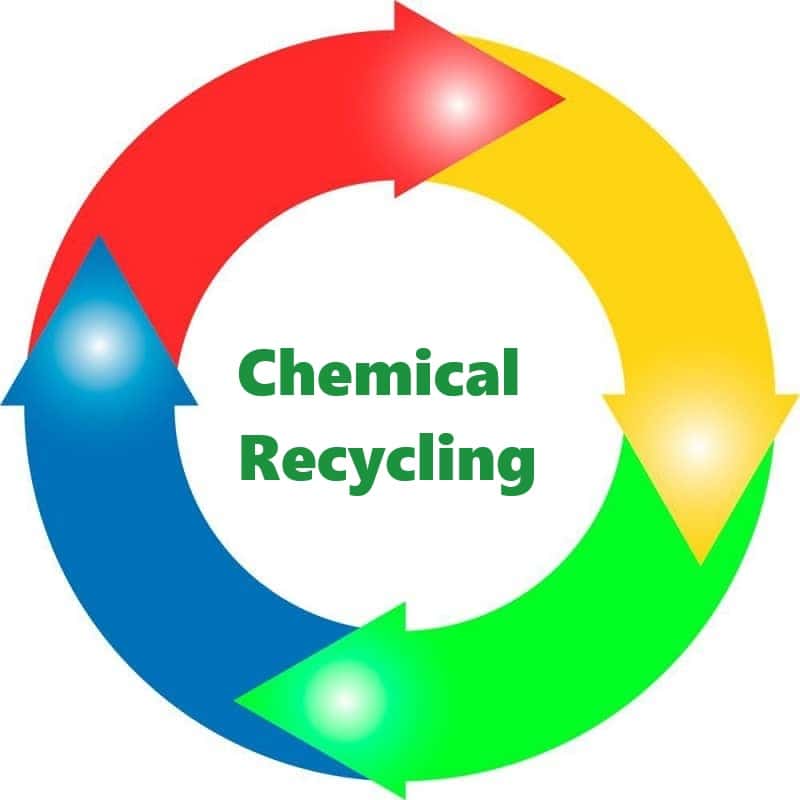
Red Sea Crisis – Oonly Opens Bottling Plant With Revolutionary RefPET Tech 25-01-2024
Plastic film

